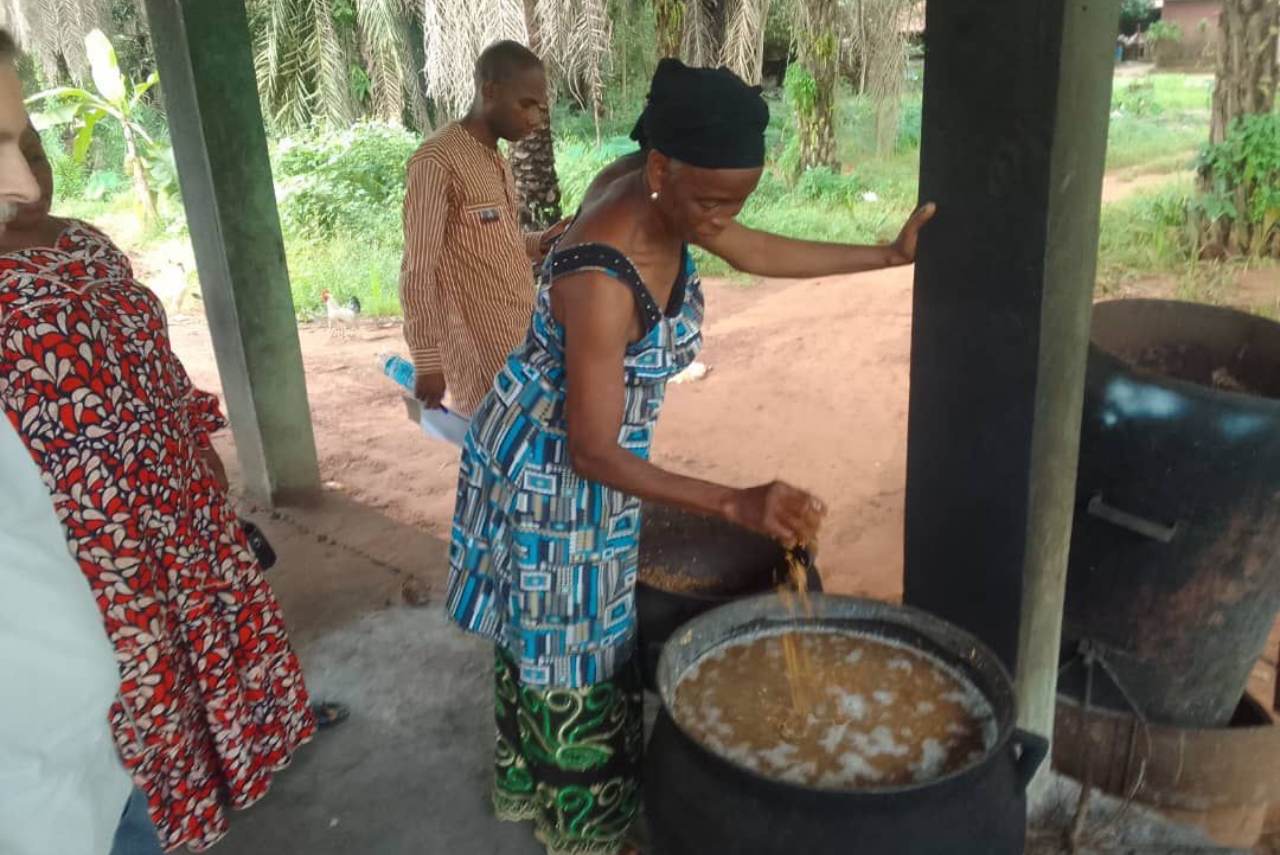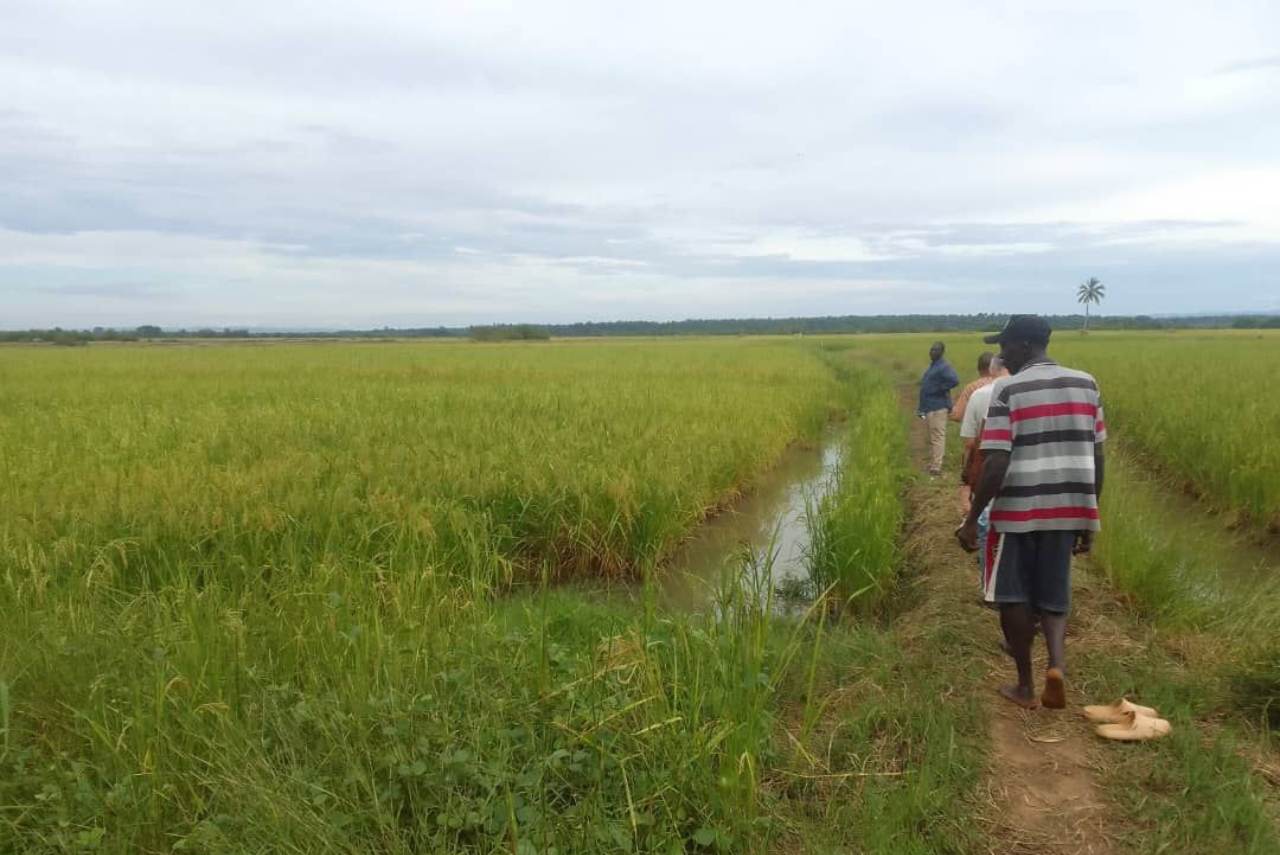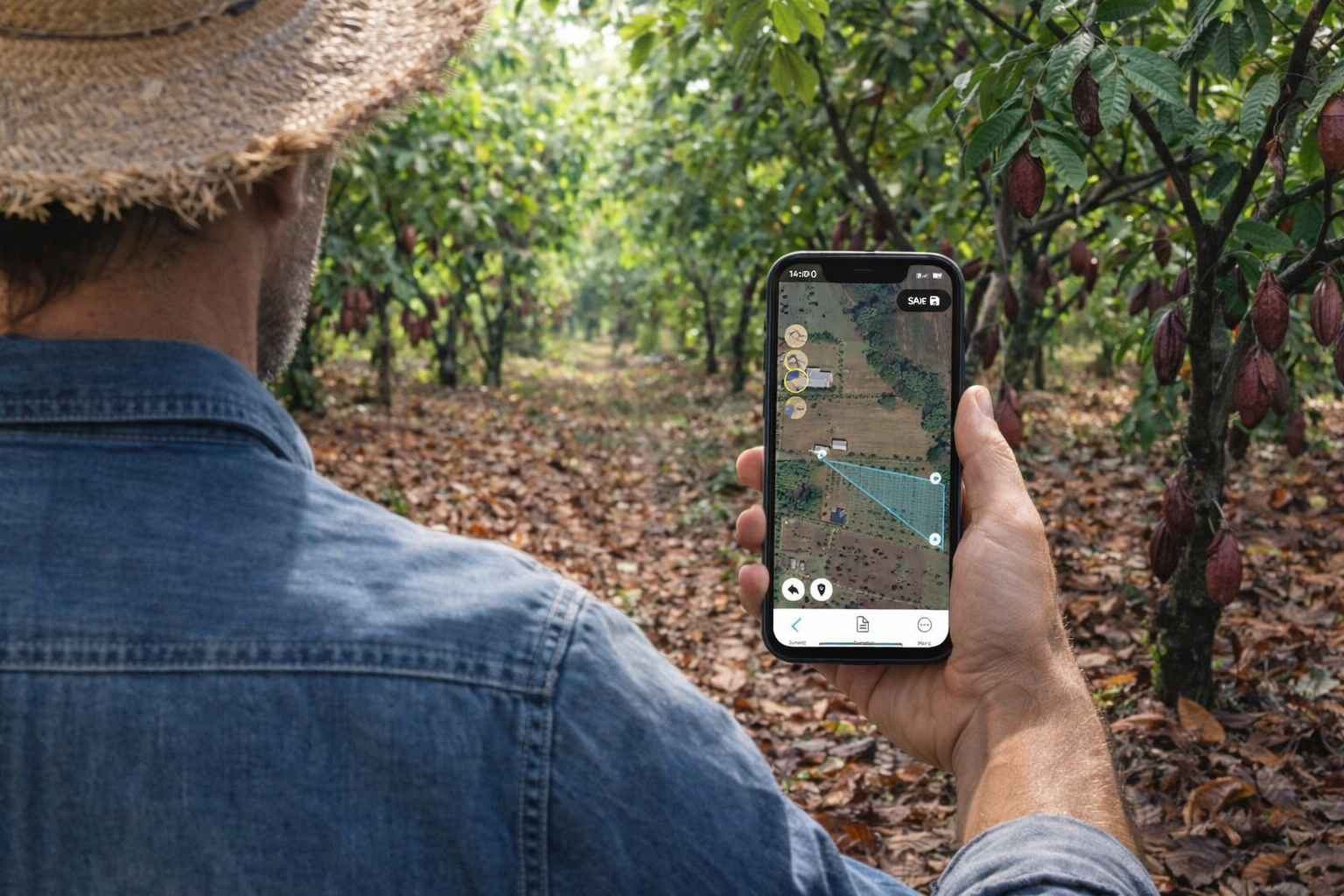The RigenerAzione Guinea project officially kicked off on 6 November 2025, with the goal of addressing some of the country’s most pressing challenges: food insecurity and chronic malnutrition. In Guinea, these issues are exacerbated by limited nutritional knowledge, few opportunities for agricultural diversification, and the progressive degradation of natural resources. This situation affects young people and women in particular, while many agricultural cooperatives struggle to meet the growing urban demand for healthy and nutritious food.
Project partners
RigenerAzione Guinea is led by LVIA – Lay Volunteers International Association (Associazione Internazionale Volontari Laici) and carried out in collaboration with:
- CISV – Community, Commitment, Service, Volunteering (Comunità Impegno Servizio Volontariato), supporting producer organizations and developing value chains;
- CISAO – Interdepartmental Centre for Research and Technical-Scientific Cooperation with Africa at the University of Turin, responsible for scientific activities, data collection and the monitoring of sustainability and agrobiodiversity indicators.
- ADAM – Association for the Agricultural Development of the Mangrove (Association pour le Développement Agricole de la Mangrove), working on water management in mangrove agricultural contexts;
- the farmers’ organizations CNOPG-HG – Regional Technical Unit of the National Confederation of Farmers’ Organizations of Upper Guinea (Cellule Technique Régionale de la Confédération Nationale des Organisations Paysannes de la Haute Guinée) and FPFD – Farmers’ Federation of Fouta Djallon (Fédération Paysanne du Fouta Djallon), key actors in farmer aggregation and representation;
- Trusty, the technology partner responsible for developing digital solutions to enhance transparency and value creation along agricultural supply chains.
The project operates in the prefectures of Kankan, Labè, and Boffa.

Objectives
The initiative focuses on three strategic areas:
- Agricultural and dietary diversification
Promoting regenerative and agroecological farming practices, strengthening nutritional knowledge, and supporting activities such as the participatory assessment of vegetable seeds/AIV and the improvement of natural resource management. - Strengthening producer organizations
Improving the management and storage of the target products — particularly those linked to agroecological horticulture and the cultivation of mangrove rice — enhancing processing and labeling, and creating greater market access opportunities. - Food governance and consumer awareness
Promoting territorial and national dialogues on agroecological policies and raising awareness among consumers and institutions about the social and environmental impact of products derived from horticultural value chains and mangrove rice.
Trusty’s contribution
Within the project, we will put our technology at the service of the horticultural and agricultural value chains involved, developing a digital solution to trace and track the origin of locally grown products.
A system designed to highlight the work of these supply chains, improve product quality and transparency in the national market, and gradually open new commercial opportunities internationally.
A key priority for us is to amplify the visibility and role of women, who contribute daily and decisively to agricultural production, while promoting greater participation and decision-making power within producer organizations.

Expected results
The project will bring concrete benefits to more than 135,200 people, including 52,500 young people and over 55% women, strengthening food security, socio-economic inclusion, and community resilience.
Want to implement 🖐 Trusty in your company? Contact us here.







